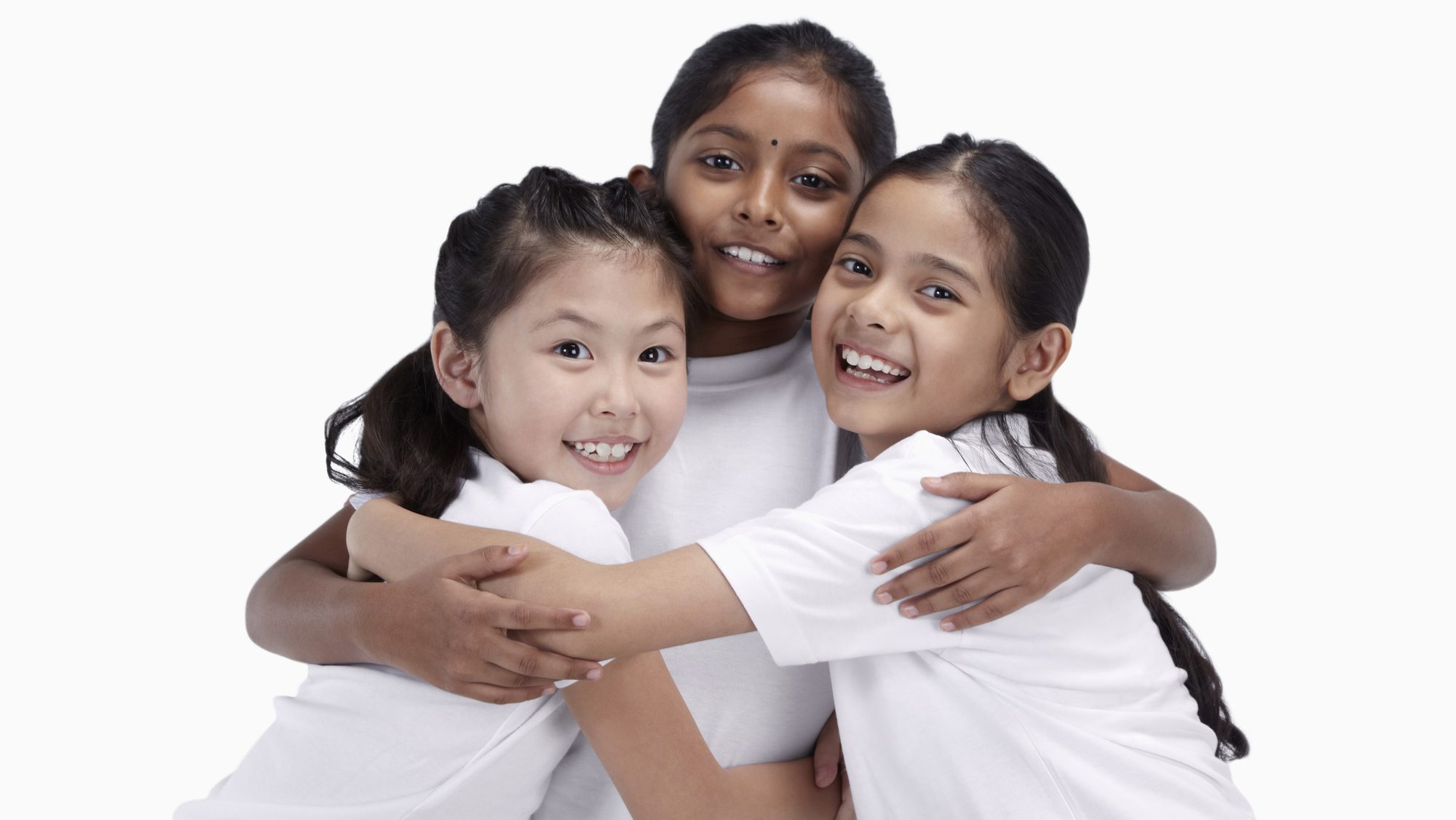SINGAPORE: In the heart of Singapore, where English has long reigned as the language of instruction, a subtle monolingual shift is taking place within the younger generations.
Mr Roystonn Loh’s children are part of a growing trend where Singaporeans are more at ease with English, often at the expense of their mother tongues.
As reported by CNA, a 2020 study by the Institute of Policy Studies (IPS) revealed that 61 per cent of parents aged 26 to 35 primarily use English with their children, a stark contrast to the 45 per cent of parents aged 56 to 65 who do the same.
Singapore’s ‘mother-tongue’ disappearing?
The study also found that Singaporean Chinese and Indian respondents increasingly identify with English over their mother tongues or heritage languages.
However, Malay respondents showed a stronger connection to their mother tongue, highlighting the deep-rooted relationship between the Malay language and identity.
Dr Goh Hock Huan, an education research scientist, suggests that this shift towards English as the “home language” can be attributed to a pragmatic approach among Singaporean families, a lack of confidence in using their mother tongues, and the prevalence of English in inter-racial and transnational families.
Additionally, the mother tongue policy in schools, which assigns children a mother tongue based on ethnicity, influences their attitudes toward learning these languages.
Associate Professor Susan Xu Yun from the Singapore University of Social Sciences (SUSS) points out that many children’s mother tongues are simply subjects in school, lacking the motivation, practice, and exposure needed to develop proficiency.
This is evident in the experience of undergraduate student Liow Wan Yu, who has limited opportunities to speak it with her peers despite being fluent in Mandarin.
For Mr Loh and his wife, the concern over their children’s Mandarin proficiency is purely academic, as they are comfortable sharing Chinese culture and traditions in English.
However, others see a deeper connection between language and heritage, believing that speaking their mother tongue at home is a bridge to their culture and roots.
Language: Not just for communication
Ms Asyikin, a Malay language teacher, observes that many of her students default to using the informal pronoun “aku” instead of the more respectful “saya,” highlighting a shift in linguistic norms and cultural values.
Dr Goh emphasizes that language is not just a means of communication but also a carrier of cultural resemblances, which cannot be fully replicated in another language.
Despite the practical benefits of mother tongue fluency, such as maintaining connections with older generations, the bilingual scale has tilted heavily towards English.
In response, the Ministry of Education (MOE) has introduced a refreshed primary school mother tongue curriculum incorporating games and technology to make learning more engaging.
The ministry also stresses parents’ crucial role in shaping their children’s attitudes towards language learning, encouraging them to model a willingness to learn, even if they are not proficient in the language.
According to the CNA report, the trend towards monolingual, English-speaking households raises questions about its impact on Singaporean identity. Young people like Ms. Ying Xuan Ling, an international student in London, do not see fluency in Mandarin as a defining characteristic of being Singaporean.
Others, like 15-year-old Aldrin Ardiansyah Fakhrul-Arifin, find cultural celebrations and traditions more significant in shaping their identity than language.
Multiracial families, such as Ms Marsya Ruzana Aw’s, often rely on English as a unifying language, finding it challenging to integrate multiple mother tongues into daily life.
Despite this, Ms Marsya plans to teach her children Mandarin, believing it will open up more opportunities while also considering Malay as a third language.
Monolingual Shift: Blessing or curse?
Dr Tan Ying Ying from Nanyang Technological University (NTU) notes that today’s youth may be indifferent to the cultural loss associated with reduced fluency in their mother tongues, as English is highly valued in Singapore.
However, she warns that this monolingual shift can lead to a monolingual society, eroding Singapore’s linguistic diversity and cultural richness.
Dr Goh and Dr Xu argue that the mother tongue is key to ethnic identity and that a multilingual society reflects Singapore’s multicultural heritage.
They emphasize that being bilingual or multilingual showcases the “kampung spirit,” a term that encapsulates the close-knit community and cultural exchange that characterized early Singapore.
Despite the challenges, some youths like Ms Liow are embracing the kampung spirit by learning Malay to connect with their Malay friends. Her initiative fosters cross-cultural understanding and keeps the spirit of multilingualism alive in Singapore.
Featured image: Depositphotos

